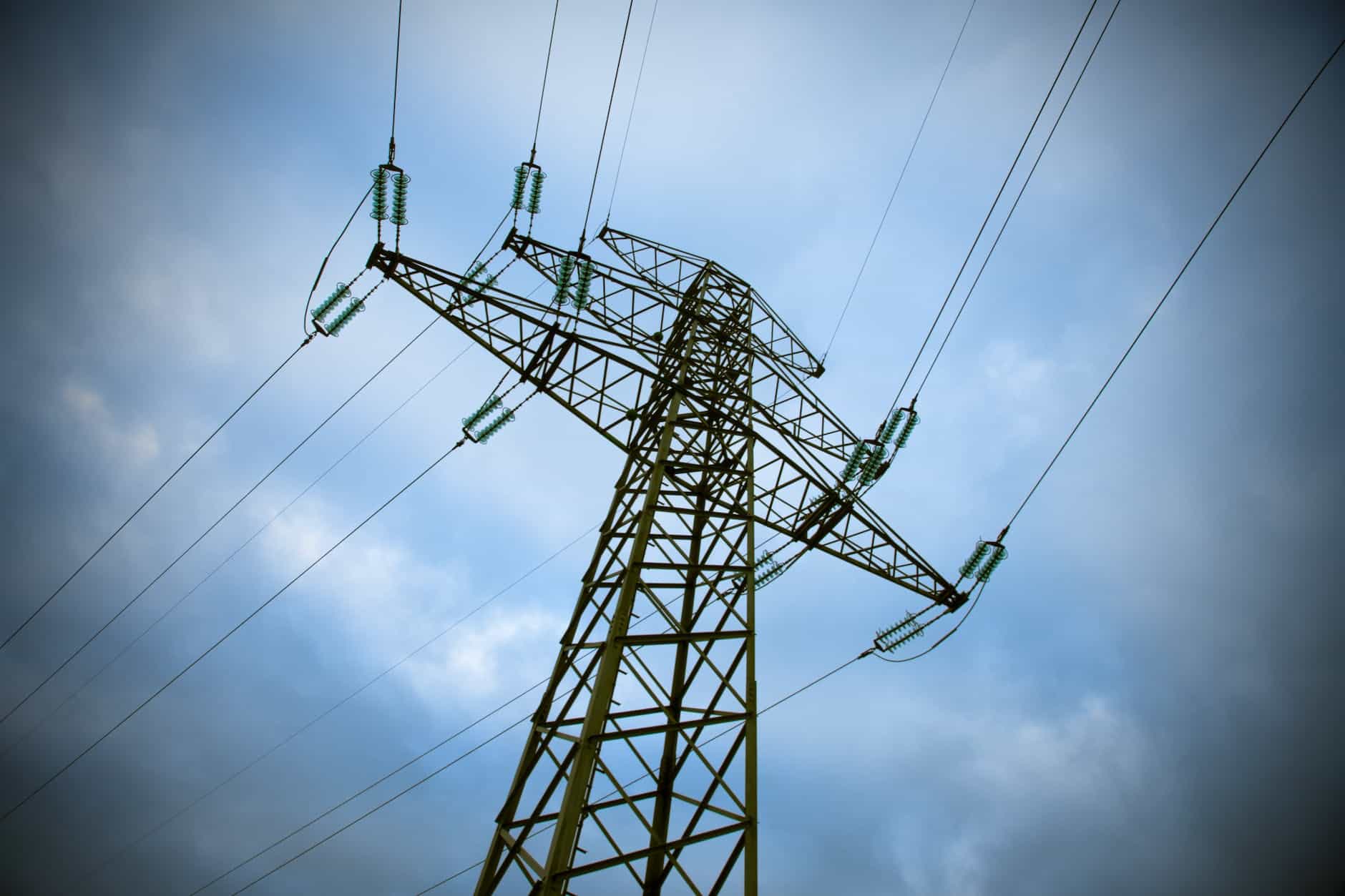Christian Petit, the head of Romande Energie told RTS that the company is not responsible for impeding hikes in the price of electricity. Photo by Pixabay on Pexels.comThe largest electricity provider in French-speaking Switzerland plans to raise electricity prices further in 2024 after roughly doubling prices in 2023. However, its boss argues the electricity company is not to blame for the financial pain. From 1 January 2024, two price rises imposed by the federal government will take effect. The first is a rise in the VAT rate, a move supported by a majority of voters in September 2022 as a way to fund the rising cost of state pensions. The rate is set to rise from 7.7% to 8%. From 1 January 2024 the federal government will also start levying a new tax on electricity to fund a
Topics:
Investec considers the following as important: Editor's Choice, Personal finance
This could be interesting, too:
Investec writes The global brands artificially inflating their prices on Swiss versions of their websites
Investec writes Swiss car insurance premiums going up in 2025
Investec writes The Swiss houses that must be demolished
Investec writes Swiss rent cuts possible following fall in reference rate
Christian Petit, the head of Romande Energie told RTS that the company is not responsible for impeding hikes in the price of electricity.

The largest electricity provider in French-speaking Switzerland plans to raise electricity prices further in 2024 after roughly doubling prices in 2023. However, its boss argues the electricity company is not to blame for the financial pain.
From 1 January 2024, two price rises imposed by the federal government will take effect. The first is a rise in the VAT rate, a move supported by a majority of voters in September 2022 as a way to fund the rising cost of state pensions. The rate is set to rise from 7.7% to 8%. From 1 January 2024 the federal government will also start levying a new tax on electricity to fund a winter energy reserve.
In addition, the costs of maintaining and upgrading the grid have risen, explained Petit. Swissgrid needs to upgrade the network to cope with the increasing amount of energy going into it from solar panels. Added to this is the cost of upgrading the network with smart meters.
At the same time Romande Energie recorded record profits last year. Surely there is enough profit to absorb some of the extra costs? Romande Energie’s boss pointed out that the dividends resulting from high profits are largely paid to the cantons. However, paying more for electricity to fund higher dividend payments to local government means consumers are being forced to indirectly send money to cantonal governments, essentially amounting to paying more tax.
Rising electricity prices reflect a key challenge in the shift to renewable energy. The financial incentives to replace oil heating with electrically powered heat pumps are erode when electricity becomes more expensive. The savings from switching to electrically powered vehicles are diminish too. At the same time incentives to install solar panels rise, which is arguably more important.
More on this:
RTS article (in French) – Take a 5 minute French test now
For more stories like this on Switzerland follow us on Facebook and Twitter.
